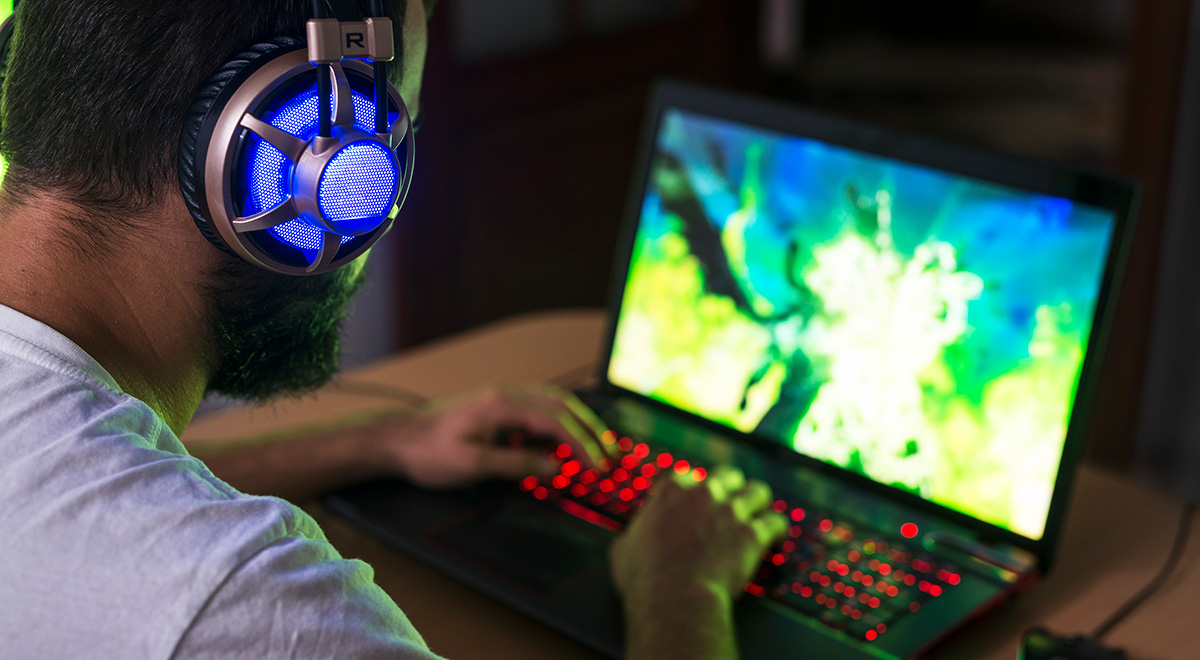Starting in 2018, the World Health Organization will include “gaming disorder” in its list of mental illnesses. This has rekindled a debate over whether people who play online or computer games obsessively are truly suffering from a form of addiction, or if it is symptomatic of an underlying psychological condition.
According to the WHO, “gaming disorder” is a “persistent or recurrent” behavior that results in “significant impairment in personal, family, social, educational or other important areas of functioning.” Those who suffer from gaming disorder are essentially addicts – they spend increasing amounts of time and resources on their activity, regardless of the consequences. By including gaming disorder in its forthcoming International Classification of Diseases (ICD), the WHO has made it an official diagnosis that can now be employed by psychiatrists and other mental health professionals.
This action by the WHO has significant implications for the health care industry. Clinical psychologist Christopher Ferguson of Stetson University has done a great deal of research into the effects of video games and violence in the media on young minds. He says because gaming disorder is now listed in the ICD, it will be considered an “official” disease by health insurers – meaning that centers offering treatment for gaming addiction will be able to get reimbursement. “It will be a financial boon for those centers,” he says.
Ferguson makes a distinction between the WHO’s description and what the American Psychiatric Association (APA) calls “Internet Gaming Disorder.” Ferguson, who co-authored a paper on this topic in 2016, notes that the APA’s Diagnostic and Statistical Manual of Mental Disorders (DSM) essentially defines it as a form of substance abuse rather than a “new” form of mental illness. He and others fear that the new WHO classification will “cause significant stigma to the millions of children who play video games as part of a normal, healthy life.” Ferguson points to a current open access debate among researchers in this field, who also fear that such a classification may “result in premature application of diagnosis in the medical community and the treatment of abundant false-positive cases.”
On the other side, Dr. Douglas Gentile, a child psychologist at Iowa State University, believes the WHO’s recognition of gaming disorder will be of great help to the mental health community in defining the condition and coming up with the best treatments. However, like Ferguson, Gentile disagrees with the WHO’s assessment of gaming disorder as a “new” mental illness. He notes that gaming, like alcohol, affects different people in different ways. “It’s about doing it in a way that damages your life,” he says.
Gentile adds, “The evidence base…to my mind suggests that this is, if anything, symptomatic of an underlying problem that people might be having” – much like alcoholism and drug addiction. He fears that professionals who start treating “gaming disorder” specifically will be missing the real issues. “It’s like treating someone with pneumonia with a cough suppressant – you’d get rid of the cough but they’re still gonna have pneumonia,” he says.

